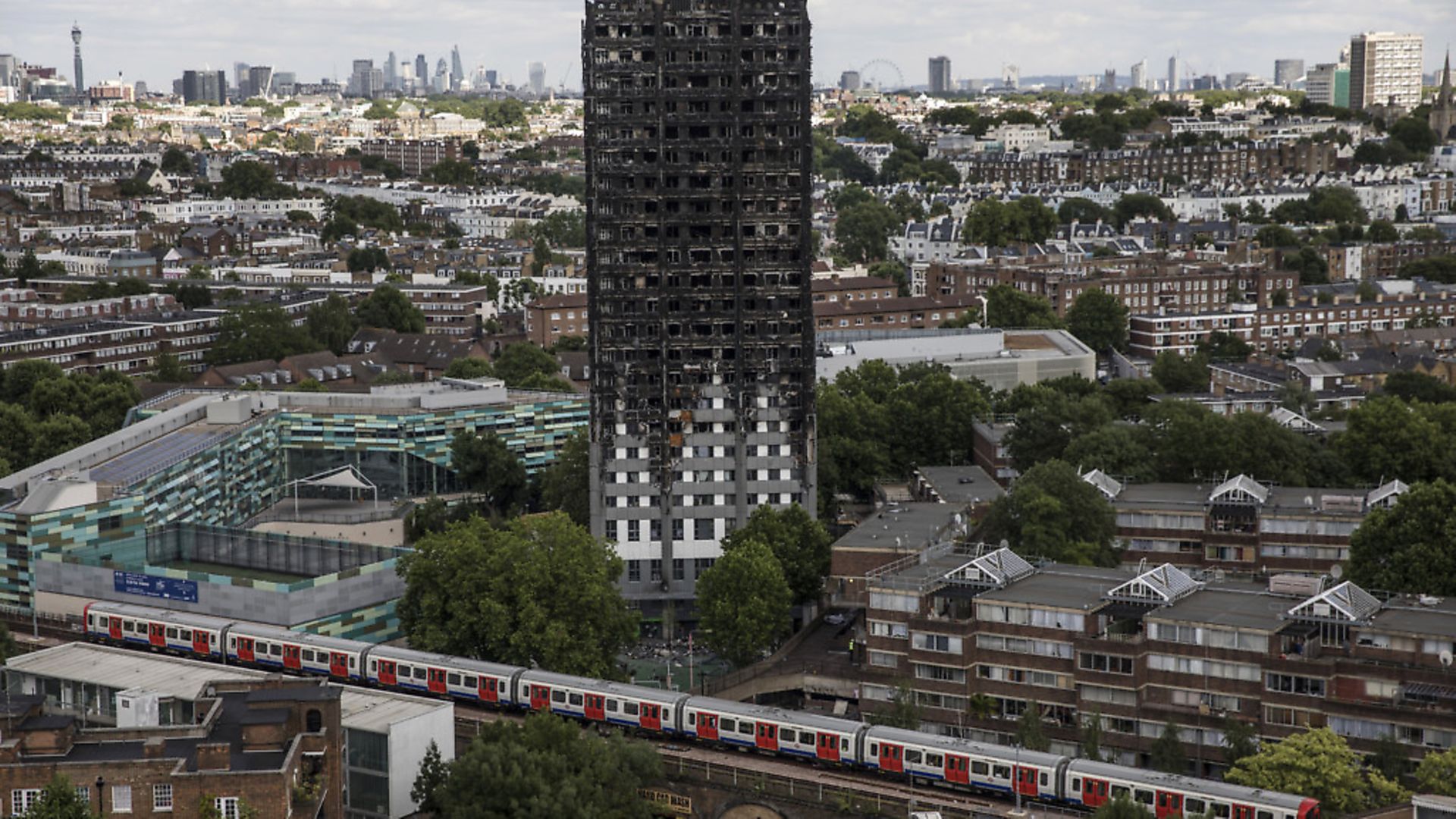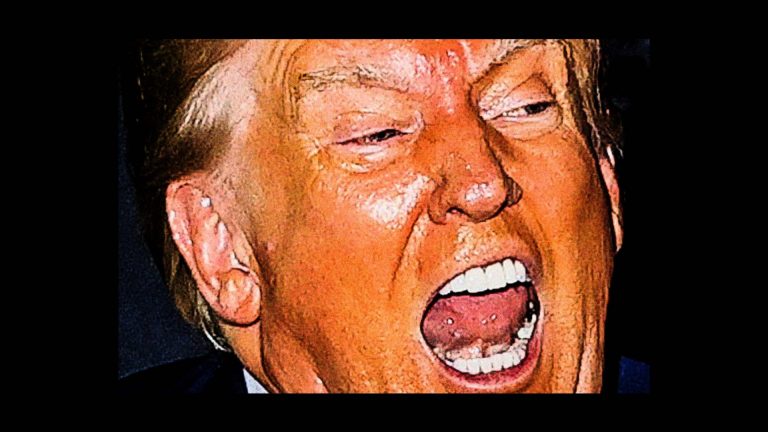
The chairman of the British Safety Council says we will have to fight for much-disparaged health and safety rules after Brexit.
Health and safety is often treated as a joke, a crude short-hand for ‘bureaucracy’. But actually, a healthy and safe workplace is a basic human right, making every good manager, every safety representative, every safety advisor a human rights activist.
And in the current climate, these rights need protecting. There is much talk of reducing our standards once we have left the European Union, to allow the UK to become a ‘Singapore of Europe’. There are dinosaurs in positions of power and responsibility who seem to think that worker protection is worth sacrificing for trade deals. The prospect is more serious than that of chlorine-washed chickens.
There are many people who see regulations as little more a restraint on trade and a burden, which could be abandoned to create some kind of business anarchy. In 2012, for instance, Andrea Leadsom, now Leader of the House, argued for the scrapping of all regulations for businesses with three employees or fewer.
But the basic premise that health and safety regulations inhibit the economy is wrong. The simple truth is that well-run, healthy and safe businesses are more sustainable and make greater profits.
Yet the corner-shop mindset – that Britain needs to be ‘liberated’ from regulations – is very powerful and has intensified as a result of the debate around Brexit. It is all too easy for critics to identify EU-agreed health and safety standards as an obstacle.
The association of Brussels with ‘red-tape’ and bureaucracy is a populist trope, and it is a particularly persuasive and dangerous one. After all, who isn’t against ‘red tape’?
But it is possible to look at the issues from another way and to pose other questions. Do you want to give your child some medicine that hasn’t been properly tested and licensed? Do you want just anyone to be able to walk into the cockpit of the aircraft you’re on with your family, and try to take off? Do you want to get a take-away from a restaurant that says food hygiene rules are an infringement of business freedom?
The politics of cutting red tape can cost lives. The inquiry into the Grenfell tragedy is currently looking into why a series of safety recommendations – made by a coroner after an earlier fatal fire, at Lakanal House, in south London – had not been fully acted upon. At the time of the coroner’s report, David Cameron’s ministers were being exhorted to reduce regulations, under his so-called ‘red tape challenge’.
With so much at stake, we need to stay focused. Unsafe and unhealthy work may create a quick profit, but it doesn’t last and simply shifts the burden of costs onto those who are hurt and the NHS.
Good health and safety always tries to identify the ‘worst case’, the most vulnerable, because by doing so, standards are set that protect everyone. The overwhelming role of health and safety is the welfare of all people. These are values that can unite us all. They are values we are going to have to fight for.
• Lawrence Waterman is chairman of the British Safety Council









